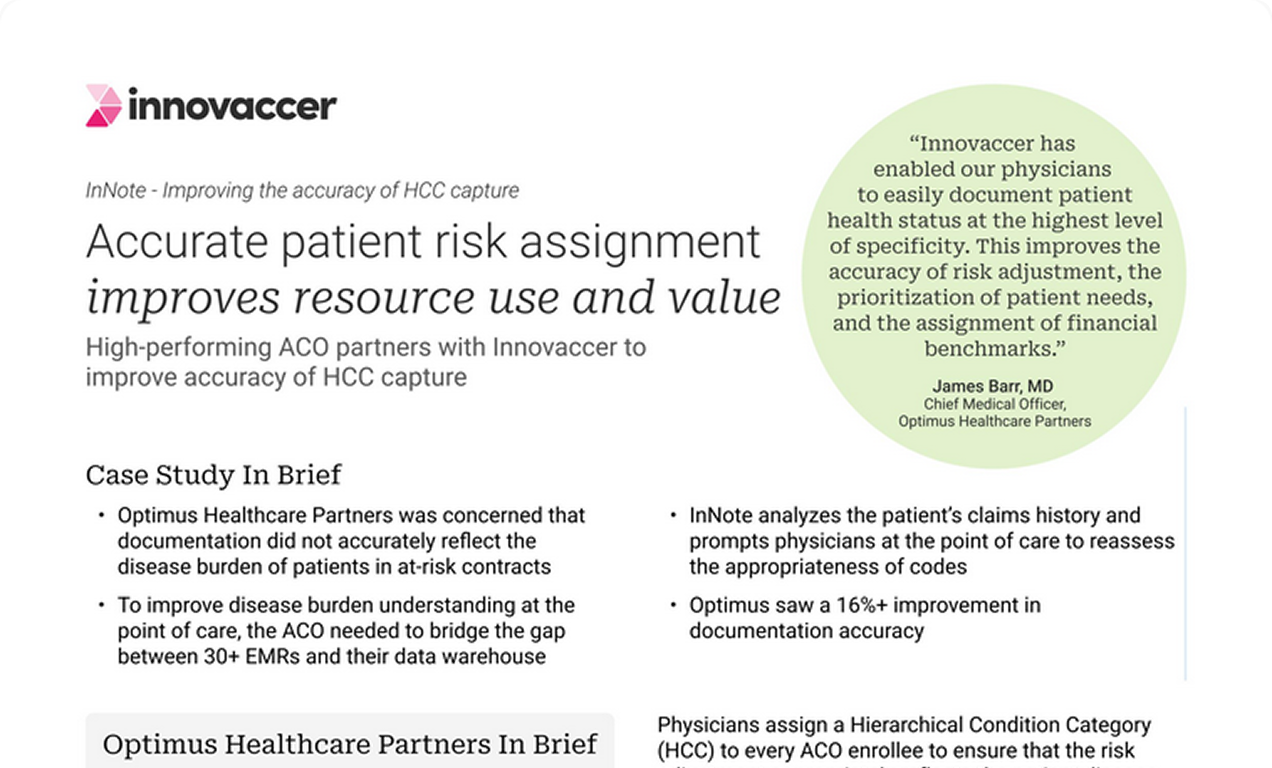Empowering Public Health Through Social Health Information Exchanges

The future of public health lies in innovative technologies that can bridge the gap between healthcare and social services. One of the most promising developments in this arena is the rise of Social Health Information Exchanges (SHIEs), which are poised to revolutionize how we approach population health management and address social determinants of health (SDoH).
SHIEs represent a critical step forward in modernizing public health infrastructure. These systems aim to create a seamless connection between healthcare providers, government agencies, and community-based organizations that provide essential social services. By facilitating the exchange of information about an individual's social needs, service referrals, and outcomes, SHIEs enable a truly holistic approach to health and well-being.
The importance of SHIEs cannot be overstated. Research has consistently shown that social and economic factors account for 60-85% of health outcomes, far outweighing the impact of clinical data alone. Despite this knowledge, our healthcare systems have long struggled to effectively integrate social services into care plans and population health strategies.
Transforming Care Coordination and Service Delivery
With a robust SHIE in place, care coordinators can quickly identify an individual's social needs, connect them with appropriate resources, and track the outcomes of these interventions. This level of coordination can lead to more timely and effective interventions, reducing the burden on emergency services and improving overall health outcomes.
For example, a healthcare provider might identify that a patient is struggling with food insecurity. Through the SHIE, they could immediately connect the patient with local food banks, nutrition assistance programs, and other relevant services. The system would then allow for tracking whether the patient accessed these services and what impact they had on their health over time.
Empowering Data-Driven Decision Making
Beyond individual care coordination, SHIEs offer invaluable insights for population health management and policy-making. By aggregating data on social needs, service utilization, and health outcomes, these systems can help identify gaps in services, assess the effectiveness of interventions, and inform resource allocation decisions.
This data-driven approach is crucial for addressing health inequities and targeting resources where they're needed most. It allows public health officials to move beyond reactive measures and towards proactive, preventive strategies that address the root causes of poor health outcomes.
Overcoming Implementation Challenges
While the potential benefits of SHIEs are clear, implementing these systems comes with its own set of challenges. One of the primary hurdles is ensuring interoperability between various existing systems. Healthcare providers, social service organizations, and government agencies often use different software platforms that may not easily communicate with each other.
Innovaccer's platform addresses this challenge by providing flexible integration capabilities and adhering to industry standards for data exchange. We work closely with our partners to ensure seamless data flow between systems, reducing the technical barriers to SHIE implementation.
Another significant challenge is building trust and collaboration among diverse stakeholders. Healthcare providers, community organizations, and government agencies may have different priorities, workflows, and concerns about data sharing. Our team at Innovaccer understands these dynamics and offers comprehensive support to facilitate stakeholder engagement, change management, and collaborative governance structures.
The Path Forward
As we look to the future of public health, it's clear that SHIEs will play a crucial role in creating more equitable, efficient, and effective health systems. By breaking down silos between healthcare and social services, we can address the full spectrum of factors that influence health and well-being.
Innovaccer is committed to supporting this vision through our Government Health AI and Analytics Platform. We believe that by empowering agencies with the right tools and insights, we can help create a future where everyone has access to the resources they need to thrive.
The journey towards fully integrated SHIEs may be complex, but the potential benefits for public health are immense. As we continue to build on the momentum from MESC and other industry gatherings, let's work together to turn this vision into reality. The health of our communities depends on it.


.png)






.avif)









.svg)
.svg)

.svg)

